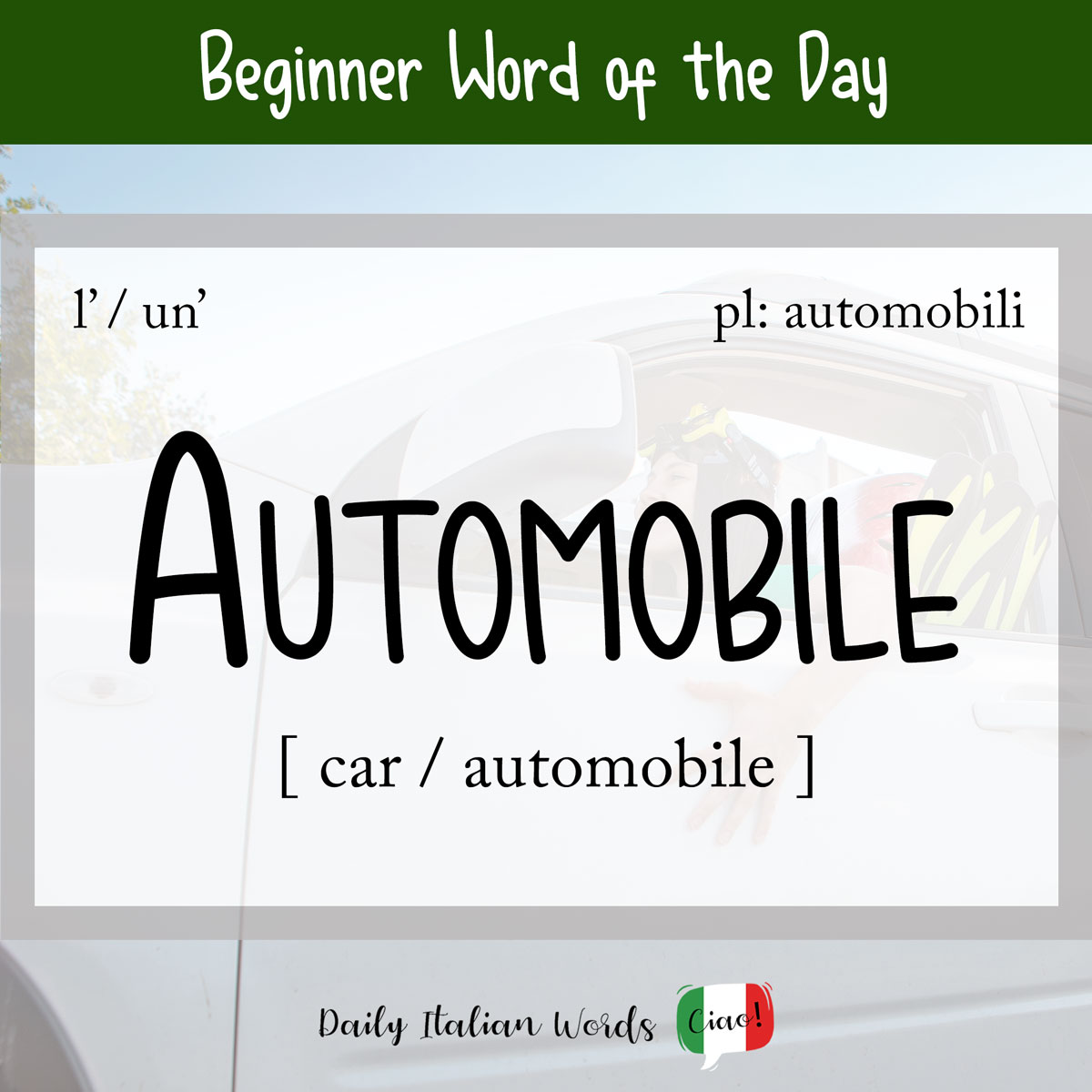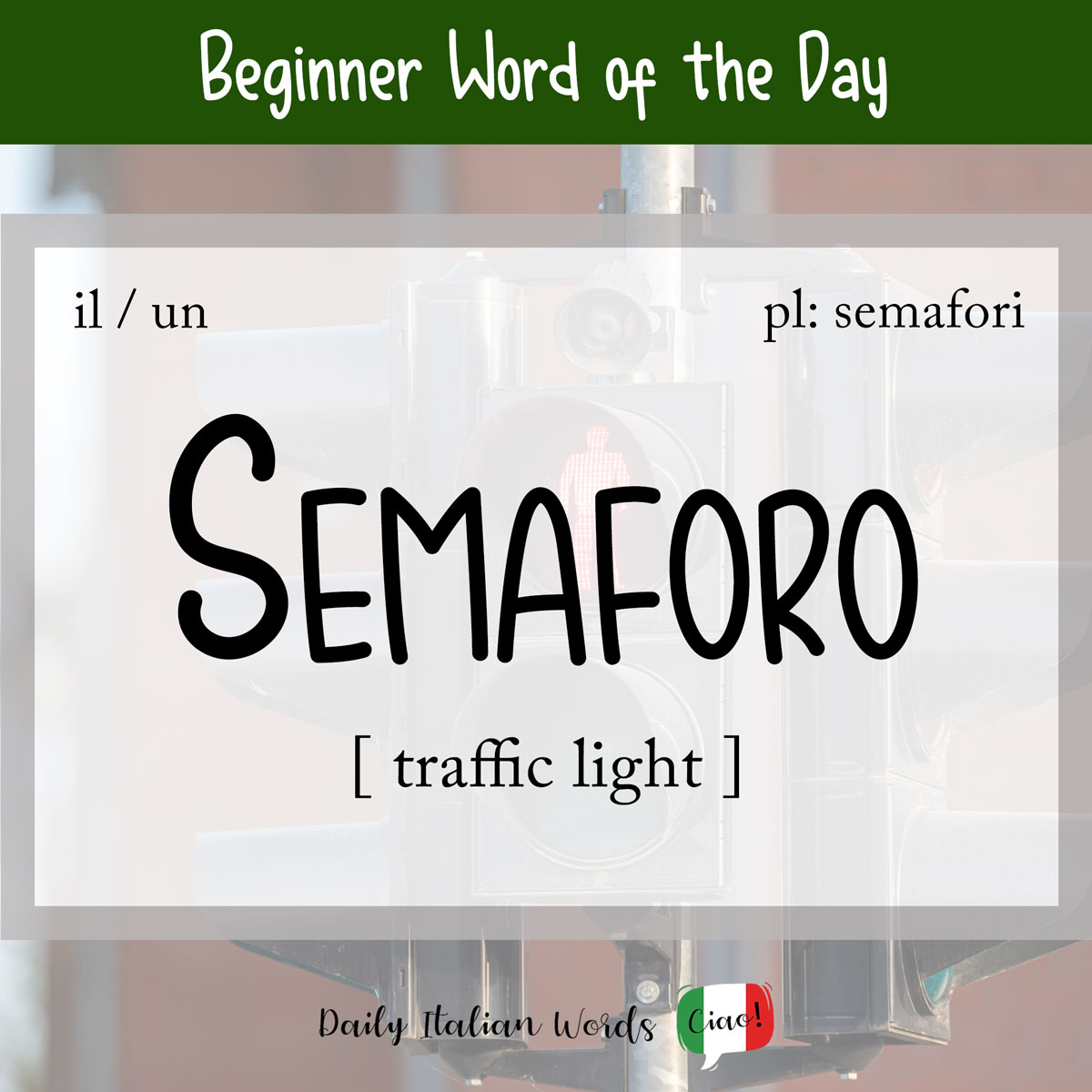Italian Word of the Day: Aeroplano (airplane)
The Italian word for airplane is aeroplano. It derives from the Latin aer (air) and planus (plane) via the French aéroplane (which has since been replaced by avion). It is a masculine noun starting with a vowel, so it takes the following definite and indefinite articles: Contrary to popular belief, the everyday term for airplane, …






